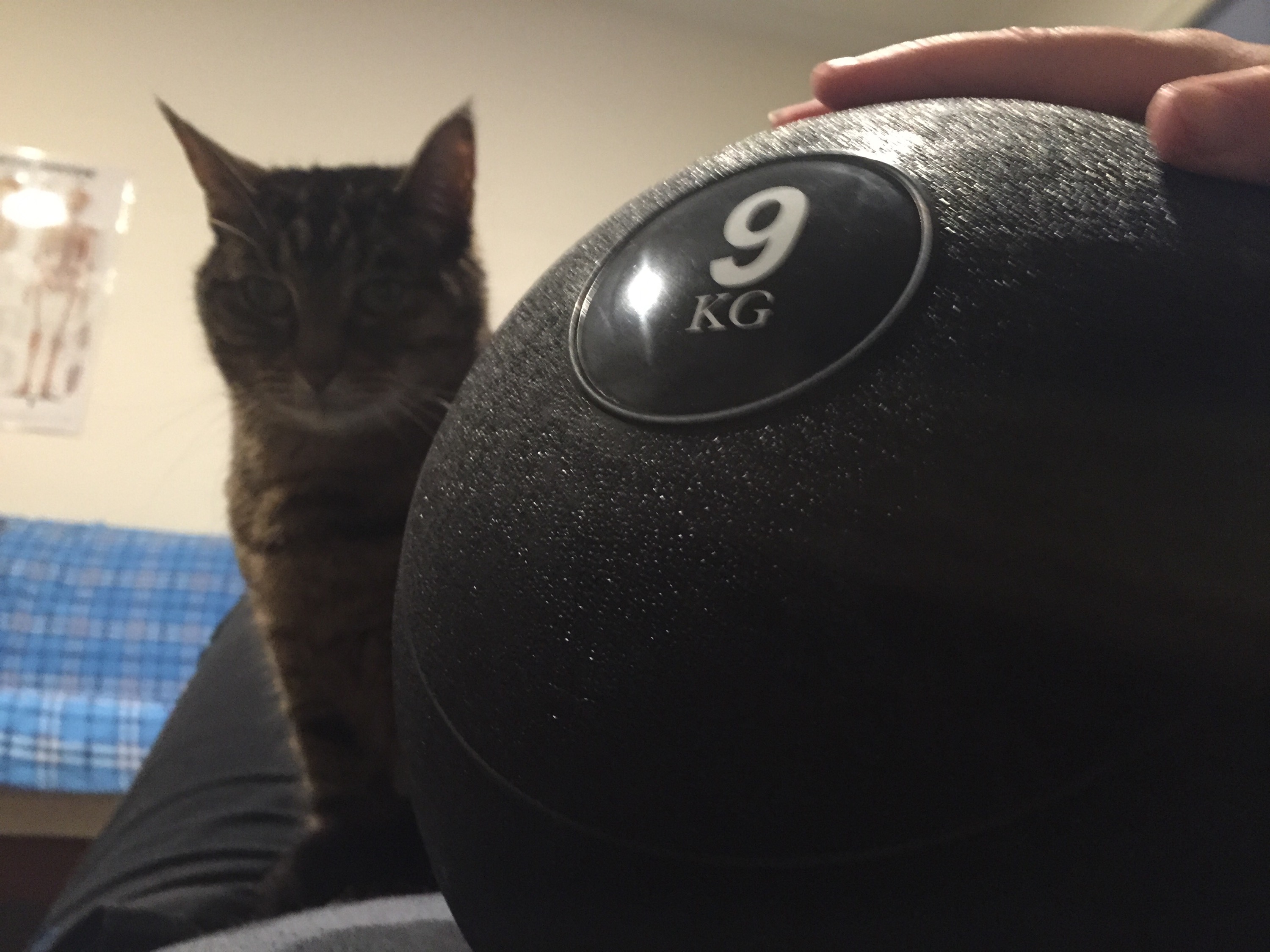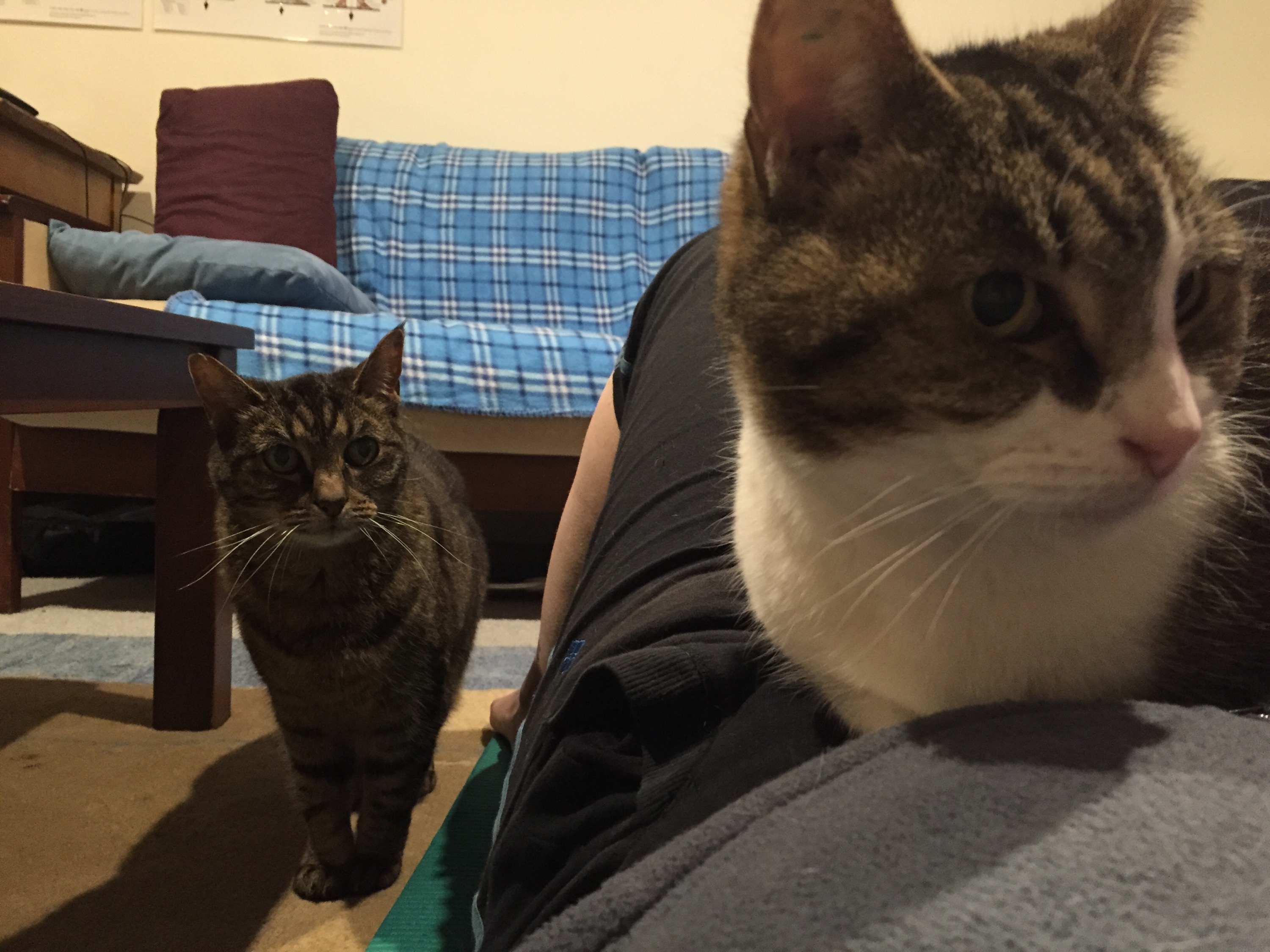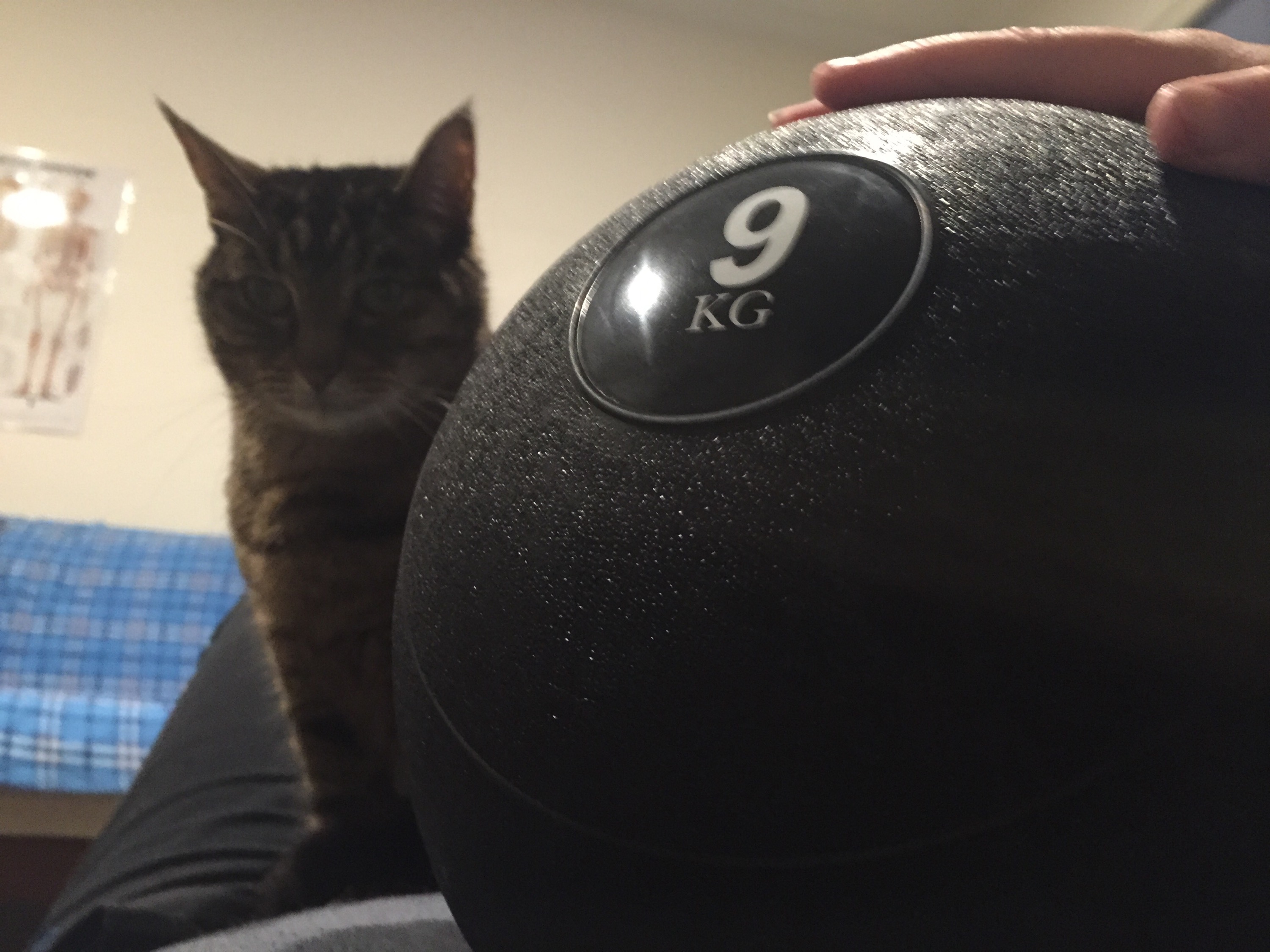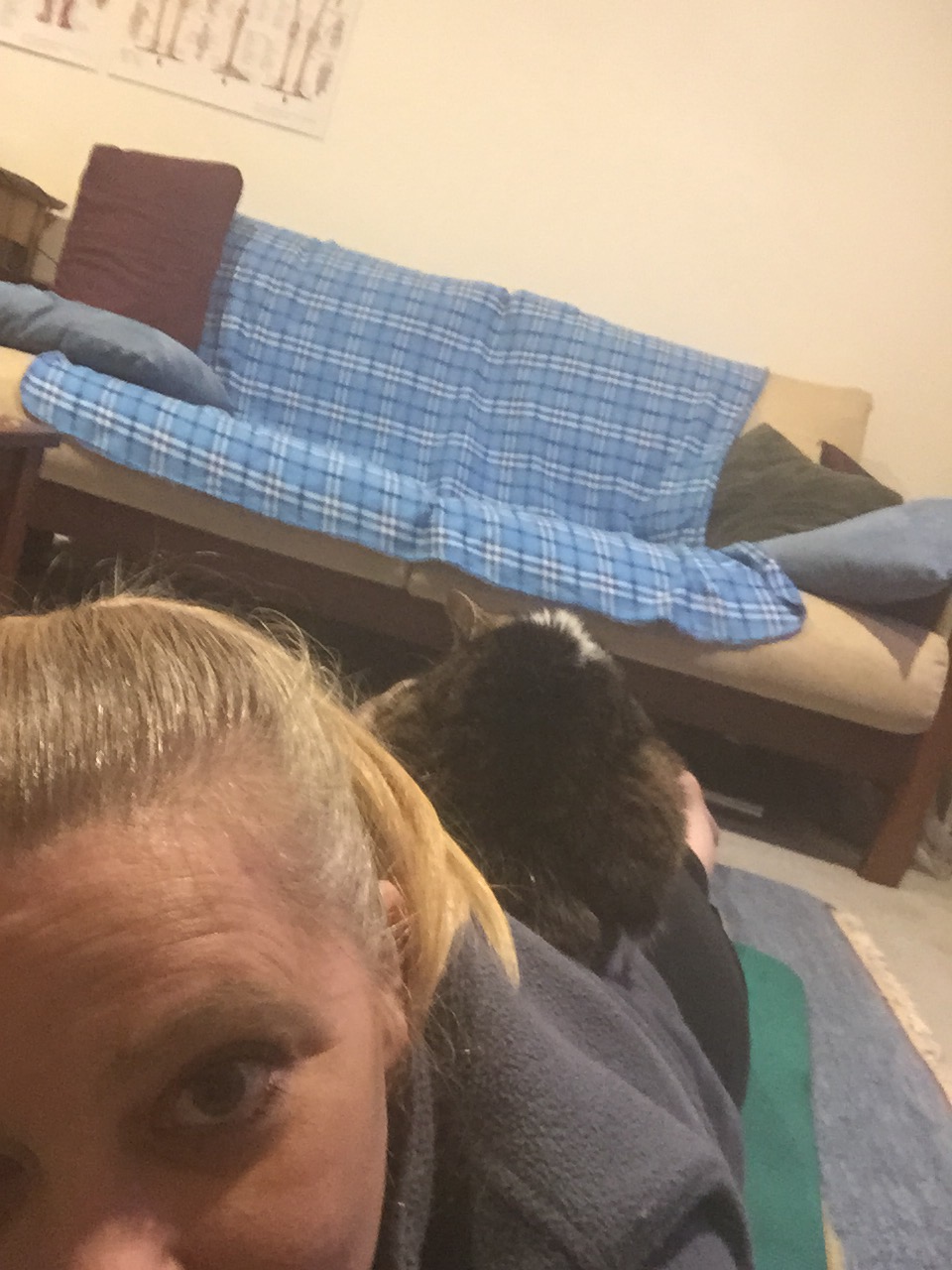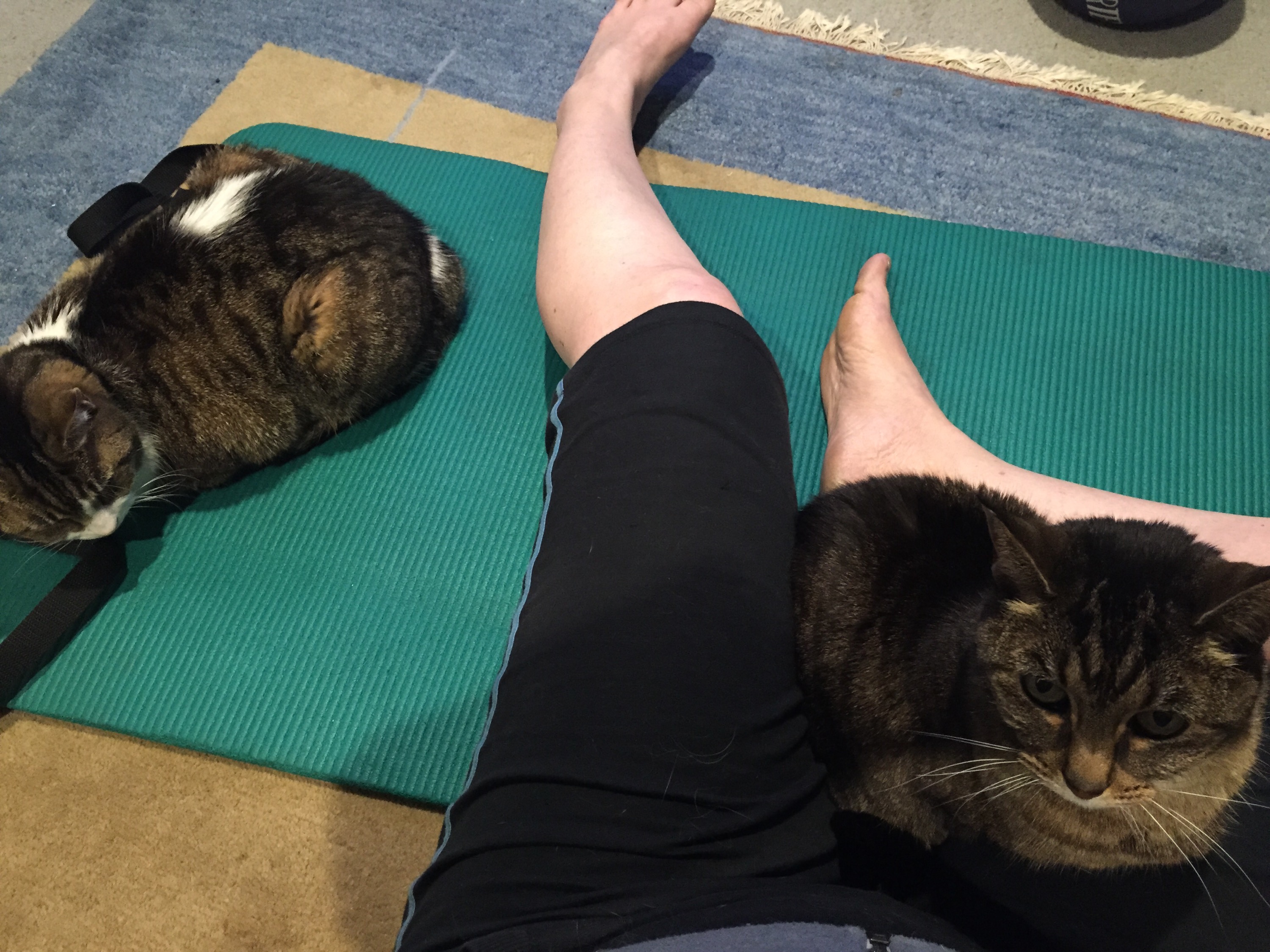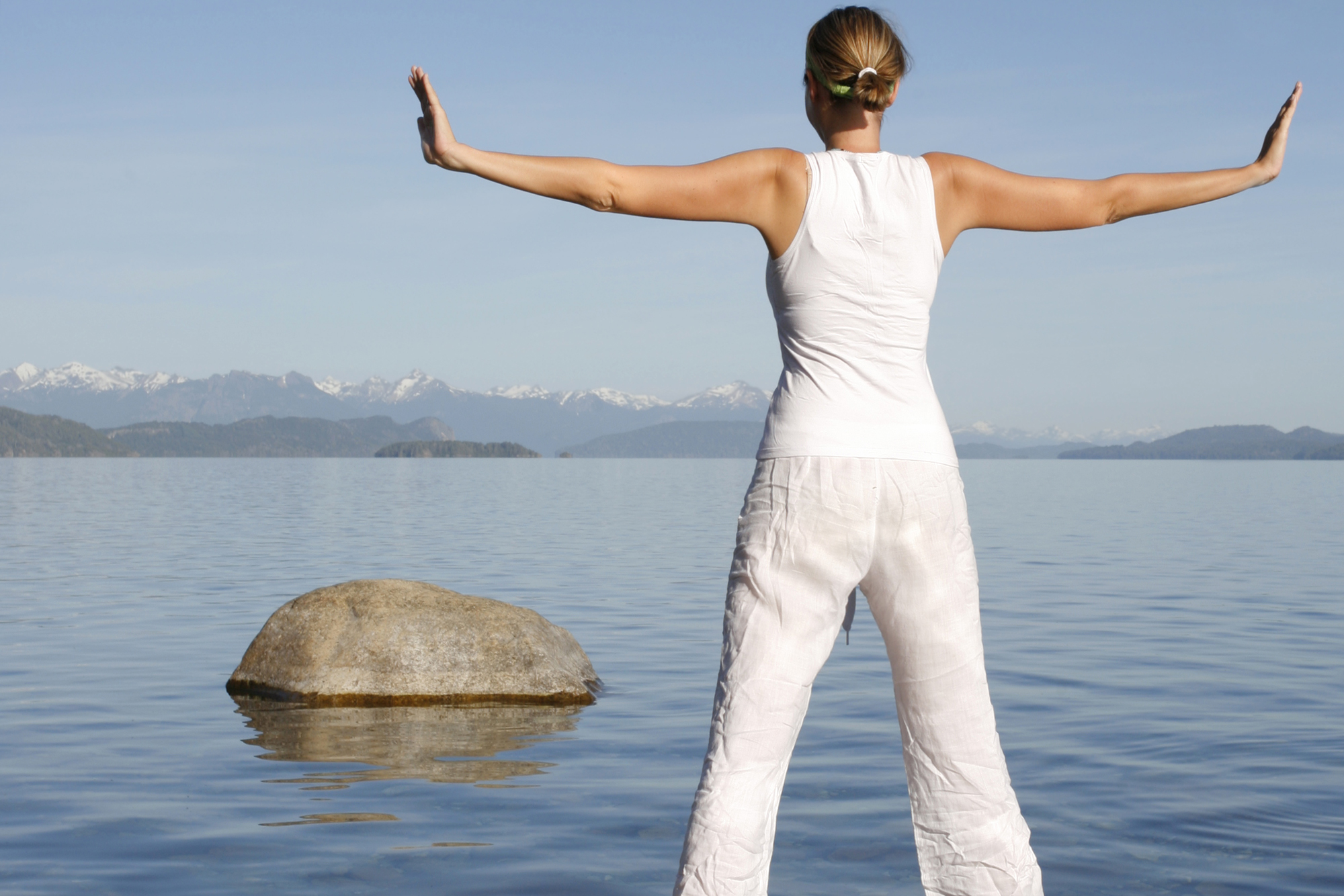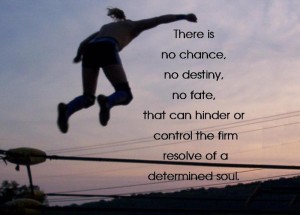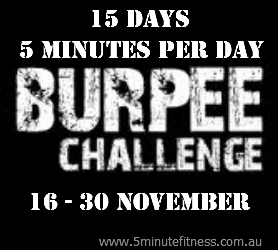The corporate ladder: it can be lonely at the top!
You have mapped out your career. You have set your goals and you are putting the wheels in motion to climb the corporate ladder. But what if the reality does not live up to your expectations?
For many career-minded people with ambitions of climbing the corporate ladder, making it to the top may seem like the ultimate goal. However, what if that position meant that you were lonelier, more stressed, more anxious and desperately unhappy. Would you aspire to be there?
A double-edged sword
There is nothing wrong with ambition or wanting an executive job. After all, executives often have more challenging and interesting roles, they may get more ‘perks’ and they certainly take home a larger pay packet.
However, a recent CEO Snapshot Survey by Harvard Business Review [1] suggests that 50 per cent of CEOs feel lonely and isolated, and believe it is hampering their performance. When it comes to first-time CEOs, nearly 70 percent of them reported feeling so lonely that it had a negative impact upon their capacity to fulfil their role.
Feeling lonely and isolated can easily lead to burn-out, depression, psychological exhaustion or a complete emotional breakdown.
Yet stressed executives are not speaking up. Anecdotal evidence suggests they feel enormous pressure to perform, they may feel overwhelmed at the responsibility they hold and perhaps even feel that people are ‘looking up to’ them and ‘watching what they do’. There is also the belief that feeling stressed is a sign of weakness or incompetence in doing the job.
Figures from SANE Australia suggest that almost half of Australians who took time off work due to depression did not disclose the reason to their employers. [2] The national study involving more than 1000 workers found that 48 percent of those who didn’t inform their employer of their reason for taking time off felt they would be putting their job at risk to do so.
Mental health in the workplace
According to research conducted in 2011[3] , Australian executives are twice as likely to experience symptoms of mood and personality disorders, as the general population. The study found that between 38 and 40 per cent of the executive population experience psychological distress compared with 20 per cent of the rest of the population.
The study also found that there had been significant increases in anger issues, anxiety, work-related stress and depression.
It found that personality disorders among executives were higher than the normal population. Disorders included narcissistic personality disorder, borderline personality disorder and in some cases antisocial disorder.
Being a stressed boss also filters throughout the workplace. Workers become less engaged, more miserable and more likely to be the target of bullying behaviour, leading to more sick days taken by employees who are not happy in their jobs.
Researchers of the study believe factors contributing to high levels of stress in executives include highly competitive work environments, increasing pressures to perform and the effects of the global financial crisis.
In addition, executives are less likely to engage in regular exercise, proper nutrition, work-life balance and psychological coping skills — all of which help protect from depression. Their busy schedules also lead them to believe they simply ‘don’t have time’ to look after themselves.
For female executives the problem is exacerbated further by issues of inequality and feeling that their male colleagues ‘simply won’t listen to them’. [4]
What can be done?
It is widely accepted that stress in the workplace is a problem and many workplaces are taking the issue seriously. However, it can be difficult to know just how to tackle the problem, particularly when mental health has a stigma attached to it.
One initiative tackling the problem of mental health in the workplace is Heads Up[5]. An initiative launched by Beyond Blue in conjunction with the Mentally Healthy Workplace Alliance, it is designed to give individuals and businesses tools, strategies and the latest information to promote a mentally healthy workplace for executives, leaders, managers and employees.
This program is free to join and provides step-by-step instructions on how to create a plan for a mentally healthy workplace, along with tips on how to talk about the issue, how to seek help, and how to support people in the workplace who may be suffering.
According to Heads Up over 6 million working days are lost each year in Australia due to depression. Left untreated, it can have devastating effects for individuals and businesses. In fact, depression is costing Australian workplaces $10.9 billion annually in absenteeism, lost productivity and compensation claims.
However, research by Price Waterhouse Coopers[6] has shown that for every dollar spent on effective interventions to create a mentally healthy workplace, businesses will reap a $2.30 return of investment.
According to the research, interventions should involve:
- Raising awareness and reducing stigma
- Supporting staff with mental health conditions
- Creating a positive working environment.
While executives are often slow to speak up about personal mental health issues , Heads Up believes business leaders can play a key role in creating and maintaining mentally healthy workplaces.
Key actions they can take include being committed to mental health in the workplace; making it an objective of the business or workplace; integrating good health and safety management into all business decisions, policies and procedures; as well as speaking openly about mental health in the workplace.
Supporting and instigating programs designed to shed light on the issue of mental health will not only validate workplace policies and practices to be more mentally healthy, but will help everyone dealing with the effects of depression.
Hopefully, it will also empower executives to take a stand for themselves.

References:
[1] BRW, It’s lonely at the top, published 18 April, 2012; accessed 4 June 2015, http://www.brw.com.au/p/sections/features/it_lonely_at_the_top_r6pGqMHiG6tPGiGN42ucDP
[2] SANE, Depression in Australian workplaces more ‘hidden’ than in Europe: new research, 2013; accessed 4 June 2015 https://www.sane.org/news-comment-2013/1222-depression-in-australian-workplaces-more-hidden-than-in-europe-new-research
[3] Davidson Trahaire Corpsych, MEDIA: Key staff driven to disorder at work, published 19 March 2011; accessed 6 June 2015, http://www.davcorp.com.au/media/9475/The%20Australian%20-%20Key%20staff%20driven%20to%20disorder%20at%20work.pdf
[4] Forbes, For Executive Women, It Can Be Lonely at the Top, published 1 May 2009; accessed 5 June 2015 http://www.forbes.com/2009/05/01/executives-c-suite-leadership-forbes-woman-power-careers.html
[5] Heads Up, http://www.headsup.org.au/
[6] Heads Up, Creating a mentally healthy workplace: Return on investment analysis, date of publication unknown; accessed 9 June 2015 http://www.headsup.org.au/docs/default-source/resources/bl1269-brochure---pwc-roi-analysis.pdf?sfvrsn=6





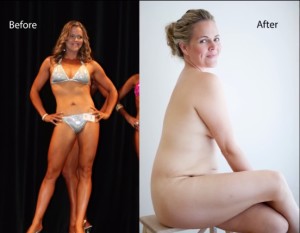
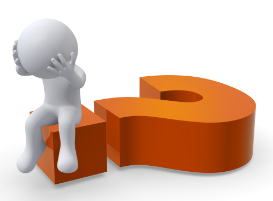



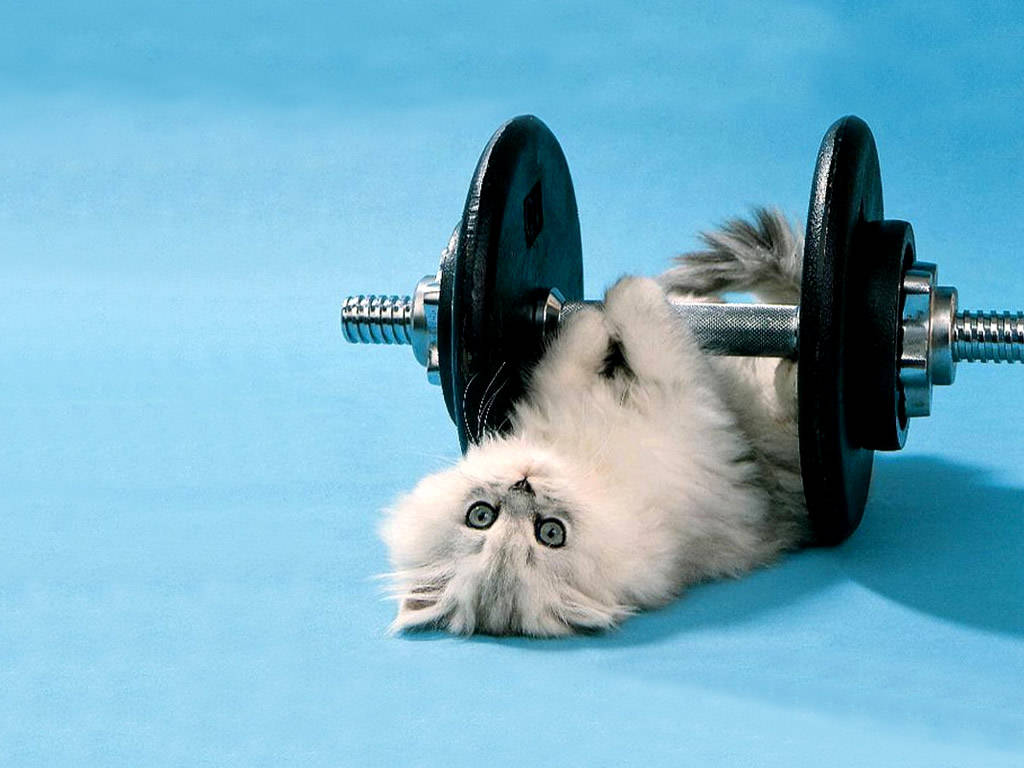
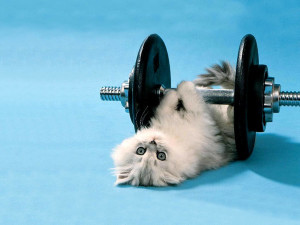 .
.